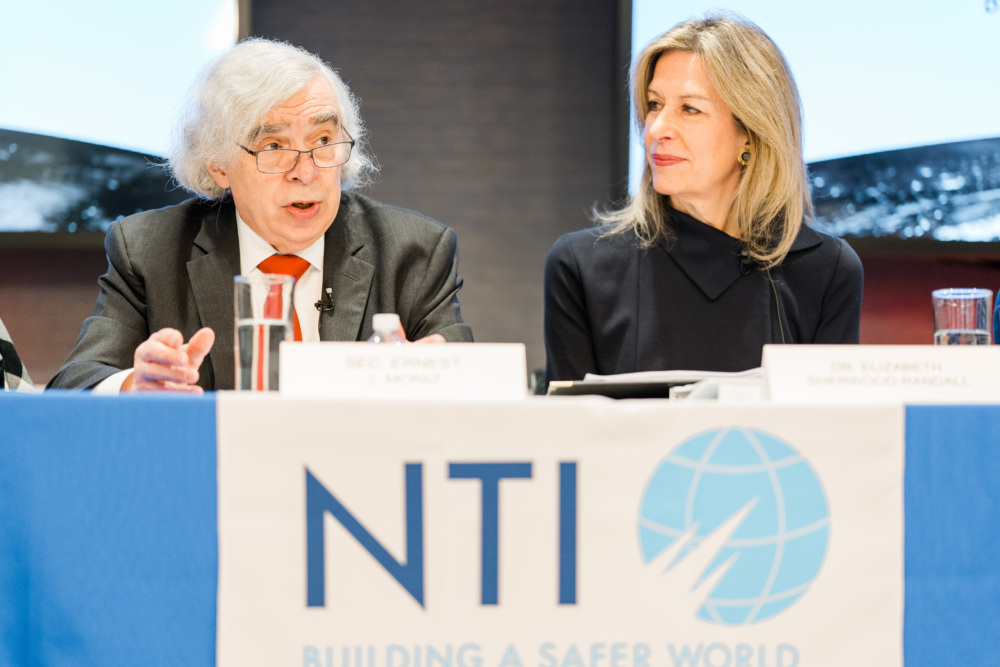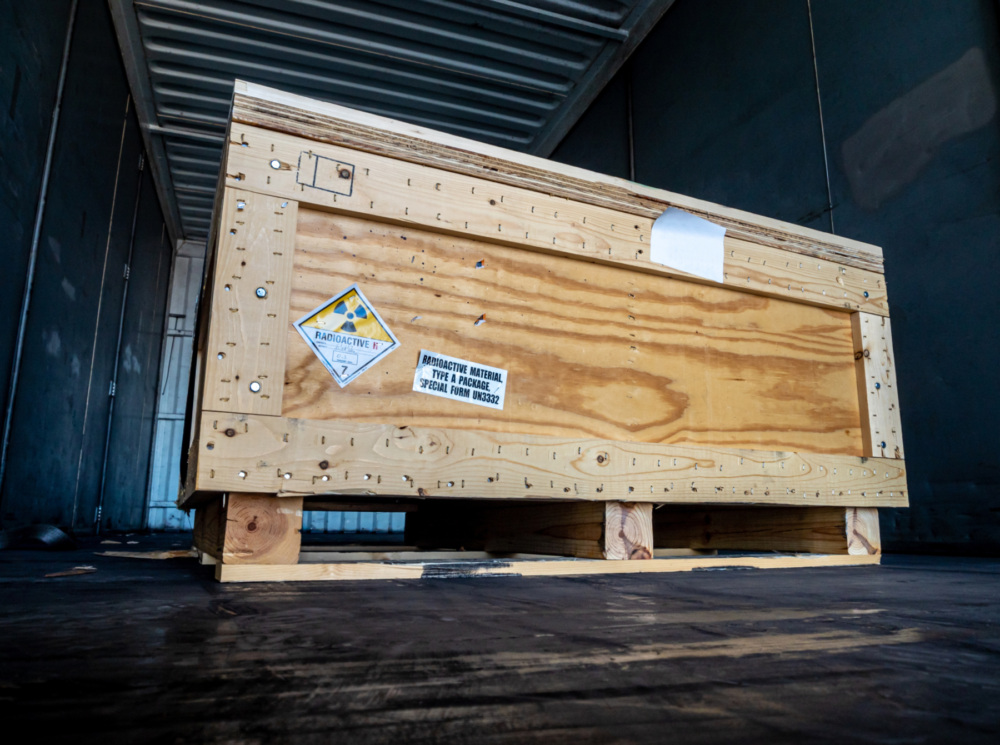
Sam Nunn
Co-Founder and Co-Chair, NTI
Nunn Applauds South Africa’s Decision to Convert Reactor,
Urges Other Nations to Take This Step to Prevent Nuclear Terrorism
Former Senator Sam Nunn, co-chairman of the Nuclear Threat Initiative, today made the following statement praising South Africa’s decision to convert the SAFARI research reactor at Pelindaba to use low enriched uranium fuel:
“South Africa is showing the kind of leadership and commitment that is essential to preventing nuclear terrorism. By converting the SAFARI research reactor to allow it to operate without highly enriched uranium (HEU), a material that can be used to make nuclear weapons, South Africa is reducing the risk of nuclear terrorism and setting a positive example for dozens of countries that operate similar research facilities.
“The SAFARI reactor is used to produce medical isotopes for nuclear medicine diagnostics. The reactor is one of more than 100 research facilities around the world that were designed to operate on HEU. The wide distribution of HEU in more than 40 countries, some of it in poorly secured facilities, increases the risk that terrorists could illicitly acquire the nuclear materials needed to fabricate a nuclear weapon. There must be a global move to phase out and delegitimize the use of HEU in civilian applications.
“There should be no higher security priority for the global community than keeping nuclear weapons materials out of the hands of terrorists. This announcement by South Africa demonstrates its ongoing commitment to stopping the spread of nuclear weapons, and I am hopeful that other nations will follow their lead.”
Former Senator Sam Nunn is co-chairman of the Nuclear Threat Initiative, a global nonprofit organization working to reduce the threats from nuclear, biological and chemical weapons. NTI brings together global leaders with different ideological views around a common mission to take immediate action to reduce the risks that nuclear, biological or chemical weapons are ever used again.
###
Sign up for our newsletter to get the latest on nuclear and biological threats.
“The bottom line is that the countries and areas with the greatest responsibility for protecting the world from a catastrophic act of nuclear terrorism are derelict in their duty,” the 2023 NTI Index reports.
NTI hosted Dr. Elizabeth Sherwood-Randall, White House Assistant to the President for Homeland Security, and four other government leaders for a public event about this critical step for strengthening global security.
The CNS Global Incidents and Trafficking Database found more than 350 incidents of nuclear and radioactive material outside of regulatory control in 2020 and 2021.


